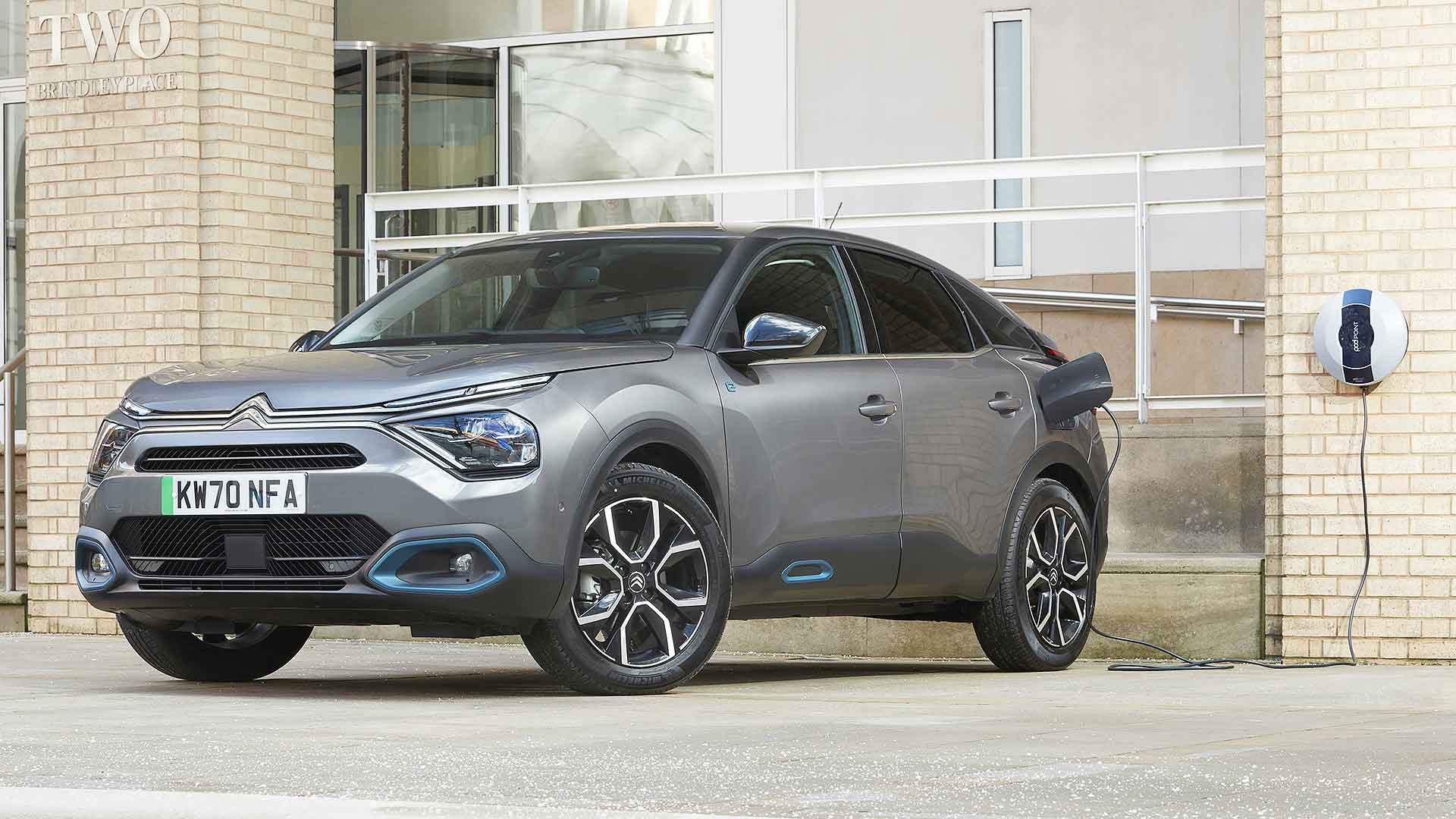
Electric car sales need “substantial growth” if the government is to meet its target for all new cars to emit zero carbon by 2035, warns the National Audit Office.
There is still a “long way to go” to achieve the aim for almost all cars on the road to emit zero carbon by 2050, it adds.
The growth of SUVs over the past decade has actually been detrimental to the UK’s carbon emissions target. While CO2 emissions have fallen 1 percent since 2011, this is less than the Department for Transport expected – and rising SUV sales are partly to blame.
New car CO2 emissions actually increased 6 percent between 2016 and 2019.
This offset a rise in ultra-low emission car sales, which reached 8 percent of the new car market by September 2020.
They still only account for 1.1 percent of cars on the road though, with battery electric cars comprising 0.5 percent.
“The number of ultra-low emission cars on UK roads has increased, but meeting the government’s ambitious targets to phase out new petrol and diesel cars in less than a decade still requires a major transition for consumers, car makers and those responsible for charging infrastructure,” said head of the NAO Gareth Davies.
“Government now has the opportunity to reflect on what has gone well and better target its interventions and spending to secure this fundamental change and deliver the carbon reduction required.”
Plug-in Car Grant questioned
Spending on the Plug-in Car Grant, which gives a £3,000 subsidy to buyers of pure electric cars, reached £1 billion by March 2020.
However, said the NAO, The Office for Zero Emission Vehicles “cannot clearly demonstrate the cumulative impact the grant has had on the growth of ultra-low emission cars above and beyond what might have happened anyway”.
This is despite efforts by OZEV to show how the Plug-in Car Grant has driven market changes.
This is an interesting observation by the NAO, particularly ahead of next week’s Budget.
The NAO adds that OZEV has spent a further £97m supporting the installation of over 133k home chargers for those with off-street parking.
But because, in 2011, “OZEV did not quantify what it intended to achieve with this funding, [it is] difficult to determine whether it has met its initial expectations”.
OZEV, says the NAO, has not sufficiently focused on chargepoint availability for those who do not have a driveway.
The organisation has now recommended that OZEV, along with the Department for Transport and the government, develop detailed plans to achieve the 2050 target, “reporting progress against clear milestones at regular intervals”.
ALSO READ
The British Motor Show will return in 2021